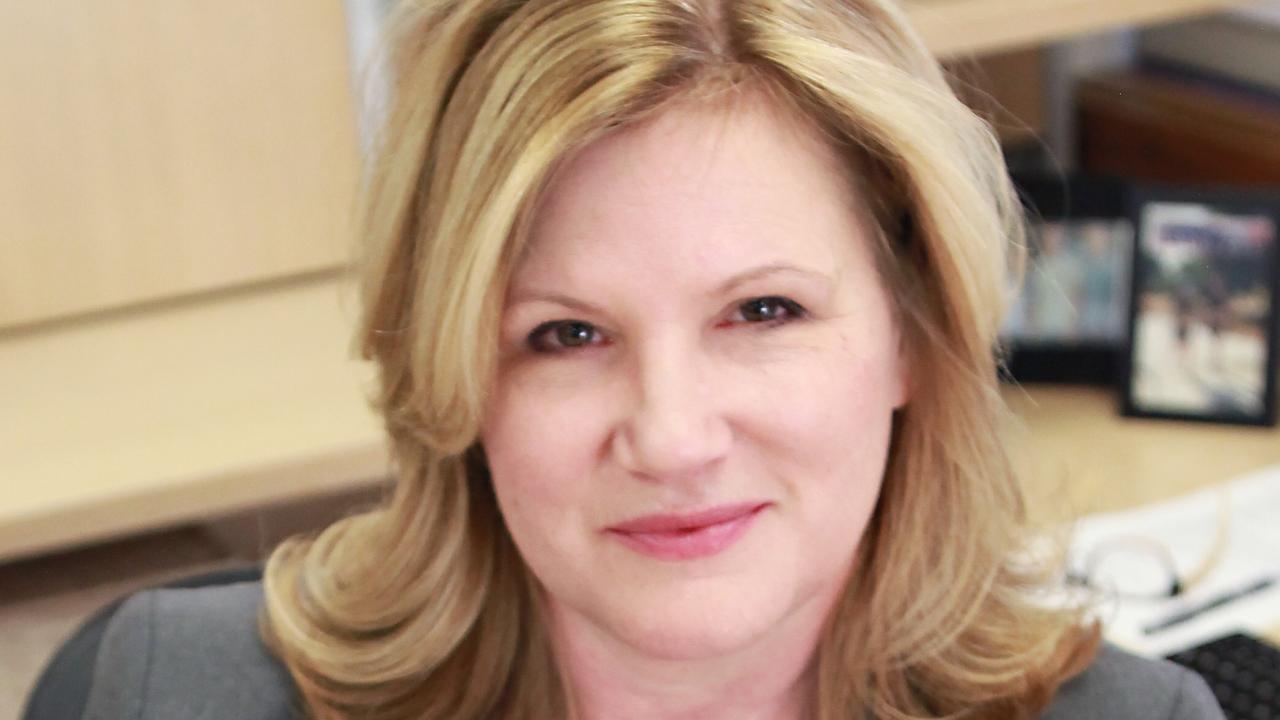
The Power of Lifelong Learning
Susan Catron was named dean of UC Davis Division of Continuing and Professional Education in March 2019. As a champion for innovation in workforce training, Catron is building a comprehensive network of partners and programs to redefine lifelong learning at Aggie Square. Catron shared her thoughts on CPE and Aggie Square in a recent interview.
Q: Why is Aggie Square important for your plans?
Aggie Square is a powerful platform from which to pursue our mission of helping adults advance their careers. It’s so much more than a place. It’s an idea, really, about what can happen when you bring together academic innovators and industry professionals to create collaborative opportunities and solutions that are far more impactful than the sum of the parts.
We felt immediate alignment with the chancellor’s vision for a new urban campus at Aggie Square. Co-locating our headquarters and teaching facilities with faculty and industry innovators will allow us to harness all that energy towards the creation of state-of-the-art workforce development programs that prepare adults for the jobs of the future.
Workforce development is such an important part of the Aggie Square vision. It leverages all of the expertise and resources of UC Davis towards bolstering the economic development of a region that’s truly on the rise. Marrying CPE’s capacity to serve the community with core UC Davis programs enables the campus to support learner needs across their educational and career journeys. In continuing and professional education, we call this the “60-Year Curriculum,” reflecting our commitment as higher education institutions to help people get their first job after graduation and also support their learning and career development needs across increasingly longer work lives.
Q: What will CPE’s presence in Aggie Square mean for the surrounding neighborhoods?
We are ever mindful of the need to bring the community along with us. All of CPE’s programs are built with community needs in mind, and are designed to prepare area professionals to take the next step in their career—whether that means a new job, a promotion, or being more effective in their current positions as technology changes. Through partnering organizations, we also see potential to create a one stop shop career advising center, and to offer greater opportunities for veterans and displaced workers. But it’s not all about workforce development. In keeping with the chancellor’s vision for Aggie Square to reflect all that UC Davis has to offer, we are thinking beyond our core mission. For example, we are working with Aggie Square partners to create a hub for data-driven quality improvement in social services. And, through a new Sacramento-arm of our Osher Lifelong Learning Institute, we want to create a place where older adults can make new friends and keep their minds active.
Q: Aggie Square aims to attract private companies to campus. What does CPE offer these companies as a new neighbor?
We understand the area’s economy, the needs of its employers and how to engage and empower working professionals. Our educational programs provide employers with a steady pipeline of graduates who are ready to put their skills to work. Additionally, more than half the work we do is sponsored training for groups of employees, often coupled with organizational development or coaching services. Aggie Square will be the hub for our public programs and our engagement with local employers to address their customized needs. Being in Aggie Square will allow us to bring all of these programs closer to the communities we serve. And, our state-of-the-art facilities will also provide a place for groups and organizations to meet.
Q: What opportunities do you see in partnering with other UC Davis schools, colleges and programs through Aggie Square?
We are excited about the potential to serve as an avenue for expanding access to programs offered by other schools and colleges. Through Open Campus, any course offered at Aggie Square can be made available to non-matriculated learners (i.e., the general public), thereby expanding access and impact, while also generating revenue for our campus partners. Additionally, there are opportunities for faculty to teach in community-facing programs in support of their public service goals, and to strengthen the two-way exchange between faculty and area professionals who bring substantial expertise to the classroom. We also see a wonderful opportunity to expand pathways to UC Davis through programs such as our Pre-College Program, Global Studies, and others. Being adjacent to our campus partners will open doors to new possibilities, too, that we cannot yet imagine.
Q: How will you measure your success in Aggie Square and beyond?
We are only beginning to scratch the surface of the promise of Aggie Square and what it can do for the region. Whatever specific activities we pursue, we will ultimately measure our success by the success of our students and clients. To what extent do learners find work, gain a promotion, transition their careers, or improve their organizations? More generally, we will know we’ve been successful when CPE is seen as a true partner to the region, helping to grow our workforce, diversify our economy, and lift up the community.